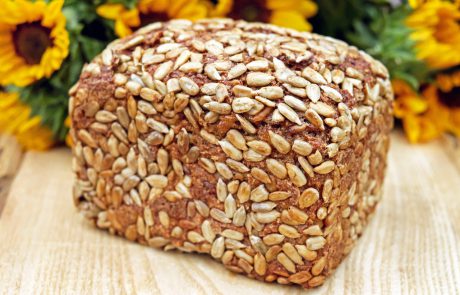friday night
Different Orthodox Shalom Aleichem Customs
In this short article, Rabbi Simcha Weinberg, founder of the leading Torah website, The Foundation Stone, briefly presents the unique “Shalom Aleichem” customs of several well-known rabbinic figures, including The Ben
Alone Time: Why We Usher the Shabbat Angels Out
In this article from Chabad.org, Rabbi Elly Krimsky explores why we bid farewell to the accompanying angels in Shalom Aleichem, focusing on a Chasidic idea that when we are alone we have
Shalom Aleichem: Various Customs and Explanations
In this short article, Devorah Channah outlines the origins of Shalom Aleichem, as well as several different customs of why and how the song is sung according to different traditions on Shabbat
How Eishet Chayil Shaped One Woman’s Evolving Jewish Identity
In this personal article, Sarah Zell Young shares how her religious journey is reflected in her evolving relationship with the words of Eishet Chayil. From her initial embracing of traditional observance,
Which Biblical Woman Was the Original Eishet Chayil?
This essay discusses some theories as to which biblical woman the poem, Eishet Chayil, could be referring. The author, Asher Gabbay, suggests that since the only woman in the Bible specifically
Complete Ashkenazi Grace After Meals (Hebrew Text)
The following Hebrew text presents the Ashkenazi custom for the Grace After Meals from Tefillos.com. This is useful resource for Ashkenazi Jews who read Hebrew fluently and simply looking for the text.
Reform Abbreviated Grace After Meals (Audio & Text)
This post includes an audio recording of an abbreviated version of the Grace After Meals, accompanied by the Hebrew, English, and and transliterated text. According to many opinions, this shortened version is
Alternative Blessing for Children with Masculine and Feminine God Language
This post presents the blessing for the children using both traditional male God-language as well as feminine God-language, reflecting a blend of Jewish tradition with modern feminist approaches. The two versions of the traditional
Reform: How to Recite the Blessing Over Children (Audio & Text)
This instructional post provides the Hebrew audio and the Hebrew, English and transliterated text of the blessing over the children according to the Reform tradition, which makes a slight modification to the
Friday Night & Beyond: Insights on the Blessing Over the Children (Plus Text & Audio)
This thorough excerpt from “Friday Night and Beyond” by Lori Palatnik explains the biblical origins of the ritual blessing over the children on Friday night, as well as a practical how-to guide










